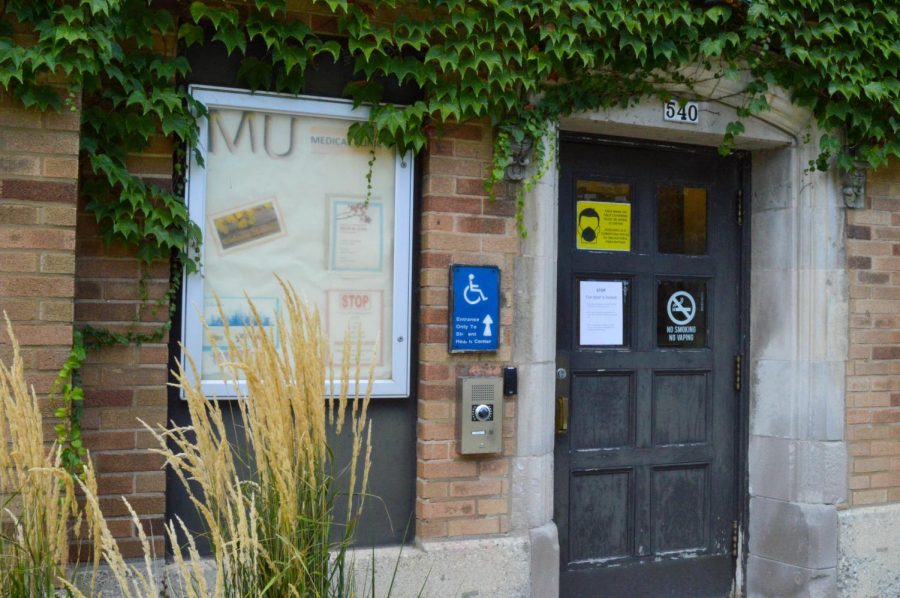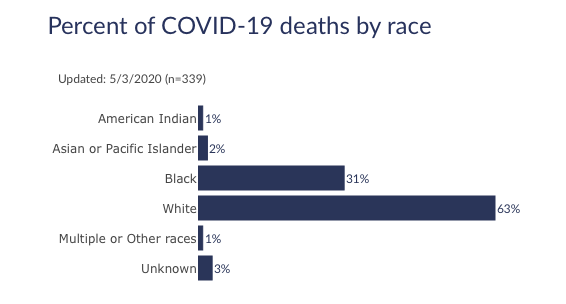The Standard & Poor’s Healthcare Economic Composite Index showed that the average per capita cost of health care services covered by commercial insurance and Medicare increased 5.75 percent over the last twelve months ending in February.
For students and local businesses across the Milwaukee community, this means costs will soon be on the rise, according to Allison Barnes, a Maquette
professor of law and expert on health care policy. She said the cost increase is just another product of a poor economy.
“There are two principal reasons for the increase, in addition to general inflation in health worker wages and cost of facilities and supplies: the increase in the number of available procedures that might be beneficial to each patient, and the typically higher cost of innovative types of care,” Barnes said.
She said as people begin to put off more costly procedures for a time when there is greater financial security, revenues are falling, causing an increase in hospital surcharges.
In its annual economic impact report, the Wisconsin Hospital Association stressed the importance of hospitals in Wisconsin communities. Of the 72 Wisconsin counties, nine out of 10 have a hospital.
The report stressed that even though hospitals are less immune to economic struggles, they aren’t completely immune.
Wisconsin hospitals directly employ more than 110,000 people, but hospitals are indirectly responsible for an additional 114,000 jobs statewide. Hospitals have generated more than $28 billion in economic activity in 2011, provided $232 million in charity care in 2010 and are among the largest employers in their respective communities.
The cause of the cost increases, Barnes said, is not President Barack Obama’s Patient Protection and Affordable Care Act.
“The rate is not higher because of the uncertain changes to health care finance due to the Affordable Care Act and its litigation,” Barnes said. She said rising costs in health care are on track with what usually occurs in the economy at a time like this.
“The rate of medical inflation almost always has been higher than inflation in prices since the cost of health care became an issue in the 1970s,” Barnes said. “(Under the Affordable Care Act), this can change.”
Barnes said before the passage of Obama’s health care law, insurance applicants could be rejected because of pre-existing conditions. Insurance companies could also raise rates because of chronic illness.
Olga Yakusheva, an associate professor of economics at Marquette, agreed with Barnes on the economy.
“The increase in costs, 5.75 percent, is a short-term number at this point,” she said. “The long-term trend is not obvious.”
Yakusheva said that health care costs are related to the economy because people can’t afford to be sick anymore. But she said if this trend is consistent, people should begin to worry because the money spent on covering healthcare most likely could be spent somewhere else.
“We want to bring health care costs under control,” Yakusheva said.




